Review for Stolen Assignment
‘Stolen Assignment’ is, in many respects, a typical British b-movie. Despite its plucky spirit, with more than a hint of grrrrl power, it’s very much a low budget affair. But what makes it such a pleasure to watch is it has Hammer studios written all over it, despite the fact that it wasn’t a Hammer production.
I’ve had the privilege to work at Bray studios so I know it pretty well and despite the fact that the big old house is now a hotel, it remains little changed from what we see here. The scenes are limited to about half a dozen and most are instantly recognisable as either parts of the old house, a sound stage ‘office’ or, delightfully, location shots of downtown Windsor which is, by coincidence, exactly where I find myself penning this review.
Its pre-Hammer credentials get even better when you discover that it’s actually an early directorial outing for Hammer regular Terence Fisher (Dracula, The Mummy).
Henry Crossley is an artist whose wife is spending a week’s holiday with her aunt. But when her aunt comes to see him, worried because her niece has not arrived, a police investigation into her disappearance begins. It seems that Henry was fully occupied at the time when his wife went missing; but is his alibi completely truthful? And why does the film open with him painting a portrait of a dead woman?
Or is the Aunt herself beyond suspicion? After all, she has most to gain from the Niece’s death as a major beneficiary of her will. And why is she hanging around with gypsy types who are known vagabonds and thieves?
Enter wise-cracking John Bentley (African Patrol) and Hy Hazell (The Yellow Balloon) as two sparring reporters who just happen to be married but who eventually join forces to unravel the alibi of the suspected murderer.
The ‘Stolen Assignment’ title refers to the fact that the wife, Hy, is unhappily installed at the paper as a social event supporter, whereas John is renowned as the paper’s hottest crime reporter. This is not a happy state of affairs for Hy who is determined to persuade her editor to let her have the story, even if it means stealing it off her own husband.
Eddie Byrne as the police inspector is the only well-known turn in the film which is filled with relative unknowns, presumably for budgetary reasons. Their performances are collectively acceptable enough if somewhat unremarkable.
I’m guessing that the film has been little seen since its original airing as a 65 minute support picture so it’s surprising that it gets such a good transfer, apparently a brand new one from the original film elements. It looks very good indeed.
Definitely one worth picking up if you’re a dedicated fan of fifties British cinema and would enjoy the historic aspects as much as I did. Probably one to avoid if not.
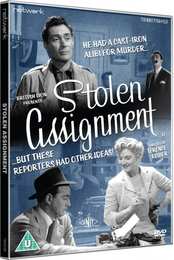
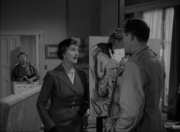
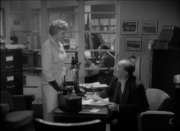
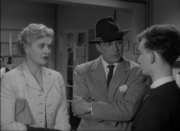
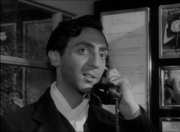
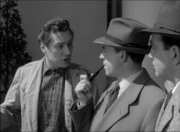
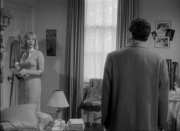
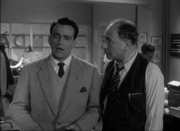
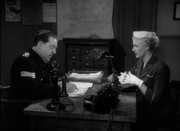
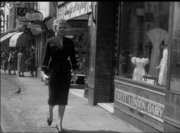
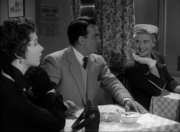
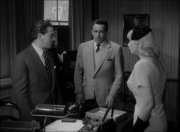
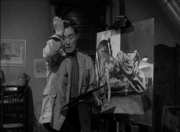
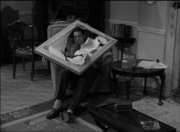
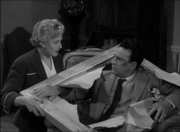









































Your Opinions and Comments
Be the first to post a comment!